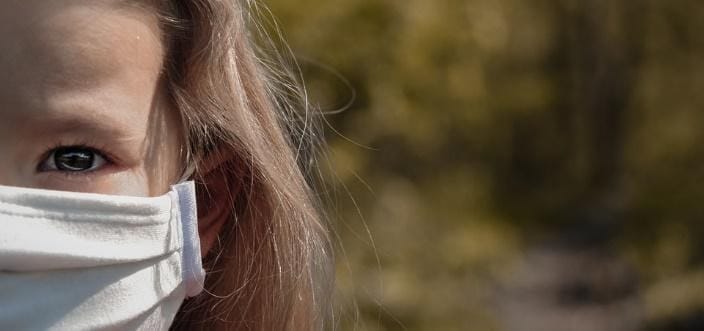In various developed and developing regions, preserving community health by promoting health education is a major concern. It is a learning process that focuses on improving individual and community health by spreading health awareness. The core purpose is to increase individual knowledge regarding various diseases and health hygiene measures to develop positive behavioral practices. It further focuses on influencing people to promote a healthy lifestyle.
With the rise of the COVID-19 pandemic, fostering health education has become more important than it was ever before. During extreme disasters or health catastrophes, the right information can help save many lives. Under such circumstances, public health education ensures that people stay up to date regarding the preventive measures to keep themselves and their families safe.
When talking about the safety of the family, one may not undervalue the role of parents. However, at the time of extreme health crises, such as the recent pandemic, the role of parents becomes crucial. Since they are one of the primary sources of information for their children, well-informed parents can contribute to saving children’s life by promoting healthy behaviors in them.
According to researchers, successful parent education results in developing healthy families and communities. Given the significance of public health education, more and more universities are now offering education programs that aim to spread awareness regarding the prevailing public health issues. The education programs prepare individuals to research and find ways to control the spread of infectious and chronic diseases, physical and mental health issues, and the prevailing health risks in a particular sector or community. Each year, several post-graduate students get enrolled in an MPH online program to become public health advocates.
As schools nationwide were shut down to prevent the spread of the 2019 coronavirus outbreak, millions of children had to stay at home. It is, of course, the ideal time for parents to instill positive behavioral health changes in their children to limit the spread of the virus.
How Can Parents Educate Their Children About the Novel Coronavirus?
After systematic research on health education during COVID-19, we’ve come up with the below pointers. These include simple tips and tricks that can help parents on how to keep their child safe during the pandemic.
- Firstly, find out what your child already knows
It is appropriate for parents to ask questions related to the prevailing virus to identify their existing level of knowledge. For older kids, parents might ask, “What do you hear about COVID-19?” What questions do you have in mind? Whereas, for younger kids, you could say, “Do you have questions about the pandemic that’s going around?” That offers you a chance to learn how much your kids know and discover if they’ve inculcated false information. In the process, it is possible that your child may not be interested in the topic or won’t ask a lot of questions; that’s ALRIGHT.
- Help children feel in control
Engage your kids through some small tasks to make them feel in control. Teach your children that washing their hands properly and getting quality sleep can help them stay strong. Tell them that regular hand washing also prevents viruses from spreading. Be a good role model to your children by doing healthy acts in front of them.
- Limit their connectivity with friends
After several months of following complete lockdown impositions, children likely have figured out a way to remain in touch with their friends. Try not to encourage in-person socializing for your children, as this increases the chances of the spread of infection in children.
For younger children, you can organize a virtual game night, movie night, or play date might be a way to keep their connections strong. Also, it’ll help them keep their mind off from the stress and catastrophe of the outside world. Furthermore, parents can also take it upon themselves to monitor their children while they learn virtually through learning pods. These pods allow multiple children to get together for school.
If older kids are part of a school-based group or club, they could participate in virtual projects to help keep their community or offer self-enrichment.
- Cover sneezes and coughs
When sneezing or coughing, advise your child to cover their nose and mouth with a tissue and wash hands. Encourage everybody in the household to follow the same practice. Besides, try adding healthy food in their diet plan. You can encourage positive behavioural health practices by arranging interesting home based activities to keep them motivated.
- The most crucial precaution: Wear a mask
Ensure everyone in your house wears a mask (if three years of age or older) when around people who don’t live in your home. Try to educate your children regarding importance of wearing a mask and how to wear it properly. Some children may find it puzzling to wear a mask. If your child finds it difficult, you can consider alternatives.
The Takeaway
Public health educators recommend each of the steps mentioned above. Therefore, you can trust us. For ensuring a child’s safety, parents should obtain information from authentic websites such as the World Health Organization (WHO) or other sources. Don’t let the rumors fool you. Be vigilant in your process and follow these guidelines while you stay at home with your children.
The Editorial Team at Healthcare Business Today is made up of skilled healthcare writers and experts, led by our managing editor, Daniel Casciato, who has over 25 years of experience in healthcare writing. Since 1998, we have produced compelling and informative content for numerous publications, establishing ourselves as a trusted resource for health and wellness information. We offer readers access to fresh health, medicine, science, and technology developments and the latest in patient news, emphasizing how these developments affect our lives.








